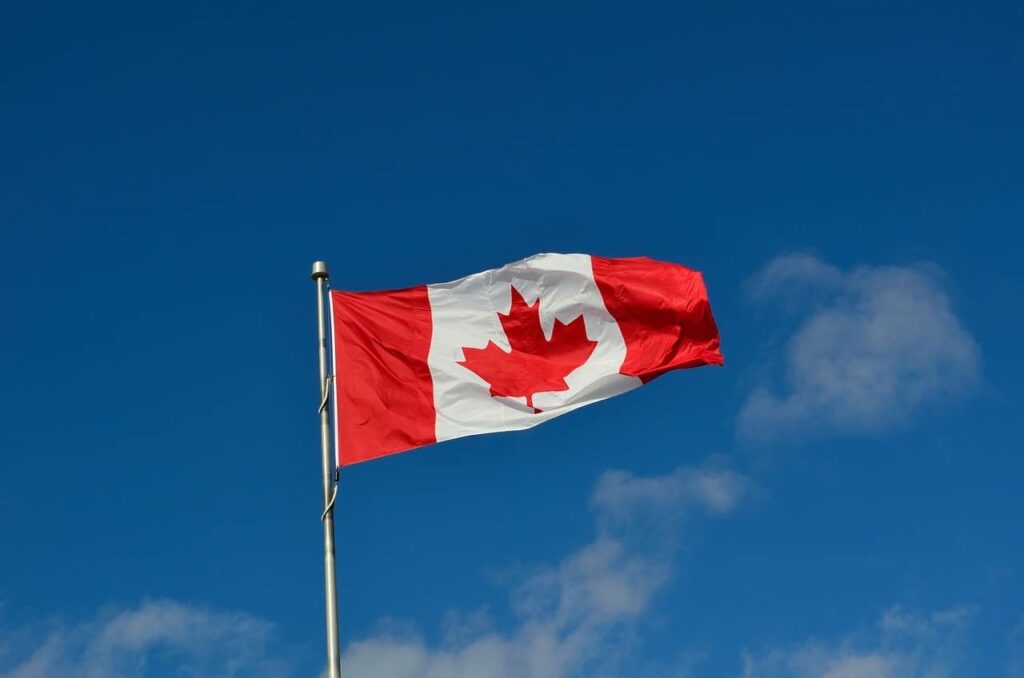Canada’s immigration strategy places significant emphasis on family reunification, and Immigration Refugees and Citizenship Canada (IRCC) has introduced a new measure to further facilitate the reunification of families.
Under the recent policy update, individuals who are spouses, partners, or dependents of permanent residents, Canadian citizens, temporary workers, or students already present in Canada can now apply for an Open Work Permit. This is a significant expansion from the previous eligibility criteria, which restricted open work permits to applicants under inland sponsorship or those already residing in Canada on a Temporary Residence Visa (TRV). With this change, even those applying from outside of Canada (outland sponsorship) are now eligible for open work permits.
Family members covered by this policy include spouses, common-law partners, conjugal partners, and dependent children above the age of 18.
The main objective of IRCC’s initiative is to expedite the processing of spousal sponsorship applications, aiming to complete all such applications within a year. By granting eligible family members an Open Work Permit, the Canadian government aims to foster a sense of unity and enable families to be together while their sponsorship applications are being processed.
This new measure not only streamlines the immigration process but also underscores Canada’s commitment to supporting family life and ensuring that loved ones can be reunited in the country. By extending access to Open Work Permits, the Canadian government is providing greater opportunities for families to build their lives together and contribute to the social and economic fabric of Canada.
Eligibility Criteria for Open Work Permits:
To be considered for an open work permit, the foreign national must meet one of the following unique conditions:
- The aspiring principal applicant has taken a significant step towards permanent residency by submitting an application under the spouse or common-law partner in Canada, or as a spouse, common-law, or conjugal partner under the family class. This application must have been duly accepted and is currently under processing by IRCC.
- A work permit application has been formally lodged by the individual, specifying a requested duration of a maximum of two years for their work permit.
- The foreign national is the focal point of a sponsorship application that has been dutifully filed by their Canadian citizen or permanent resident spouse, common-law partner, or conjugal partner, demonstrating their commitment to reunification.
- During the time of application, the applicant shares the same residential address as their sponsor in Canada, further solidifying their ties within the country.
- The foreign national maintains a valid temporary resident status in Canada or has demonstrated eligibility for restoration of status, ensuring compliance with immigration regulations.
Or the foreign national can be considered for an open work permit if they meet any of the following distinctive conditions:
- The individual is a cherished dependent child who has been thoughtfully included as an accompanying family member in the application for permanent residence.
- They have successfully applied for a work permit, wherein the requested duration of the work permit does not exceed two years, enabling them to explore professional opportunities in Canada.
- During the application process, the foreign national shares the same residential address as both the principal applicant and their sponsor in Canada, promoting a strong sense of familial connection.
- Moreover, they possess a valid temporary resident status in Canada or have demonstrated eligibility for restoration of their status, ensuring a smooth transition while awaiting the decision on their work permit application.
Fulfilling any of these unique conditions grants the applicant an opportunity to secure an open work permit, enabling them to pursue employment prospects in Canada.
Canada’s Unwavering Dedication to Reuniting Families

Immigration Minister Sean Fraser made a significant announcement regarding the above measure on May 26th.
In addition to introducing open work permits for outland spousal sponsorship, a suite of other family reunification measures includes:
- Accelerated Processing for Spousal Temporary Resident Visas (TRV).
As part of its commitment to family reunification, Canada has implemented a cutting-edge system that expedites the processing times for temporary resident visas (TRVs) specifically for spousal applicants. This innovative approach ensures a quicker and smoother transition for families seeking to reunite within the country’s borders.
- Tailored Solutions with Specialized Tools for Spousal TRV Applicants:
To further streamline the application process and provide personalized support, the Canadian government has introduced a suite of dedicated processing tools exclusively designed for spousal TRV applicants. These user-friendly resources cater to the unique needs and circumstances of each applicant, making the journey toward family reunification more efficient and straightforward.
- Empowering Open Work Permit Holders: Extensions Beyond 2023:
As part of their inclusive approach towards newcomers, the government is offering open work permit extensions to holders whose permits are set to expire between August 1st and the end of 2023. By providing these extensions, Canada aims to create a more stable and welcoming environment for those seeking to build their lives and contribute to the nation’s social and economic growth.
In a resolute declaration, Fraser emphasized the IRCC‘s unwavering dedication to expediting family reunification, enabling them to swiftly engage in the workforce and achieve self-sufficiency upon their arrival. This proactive approach not only empowers newcomers to realize their full potential but also plays a pivotal role in fortifying Canada’s economy and enriching the nation’s social fabric through the diverse talents and contributions of its newest members.
By fostering an environment of support and integration, Canada continues to champion the growth and prosperity of both individuals and the broader community.
Need Help Immigrating to Canada?
